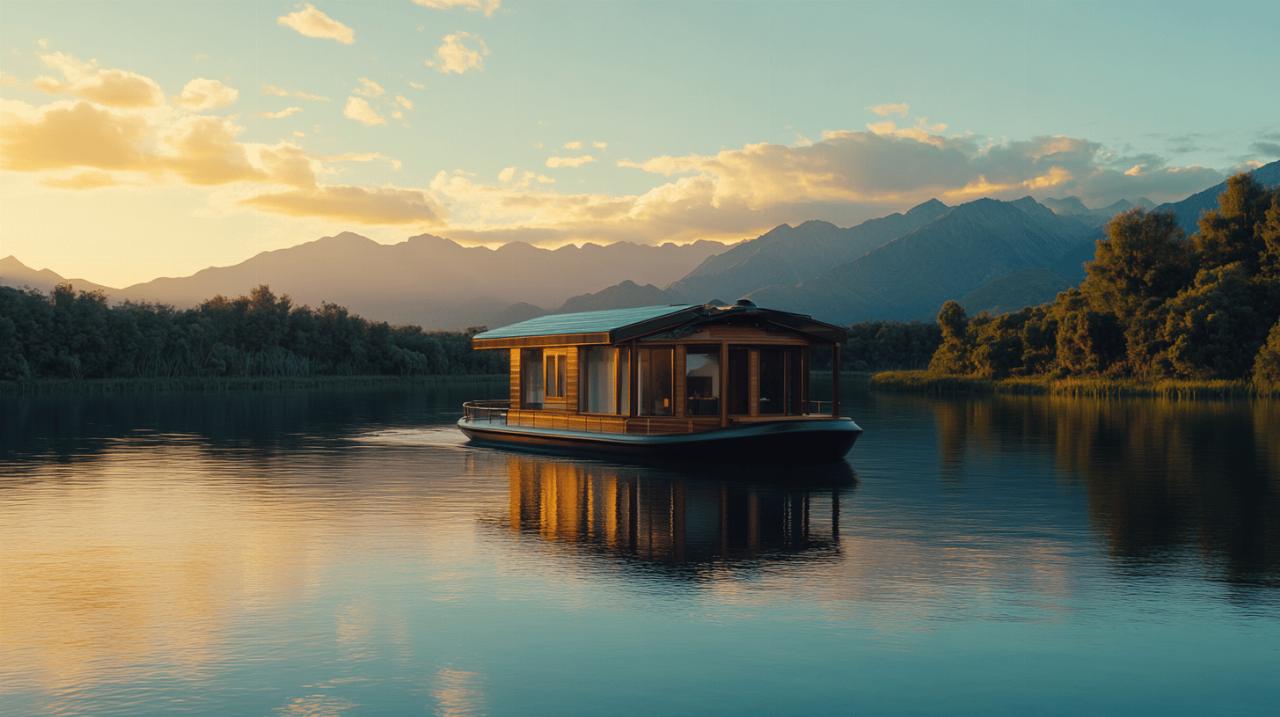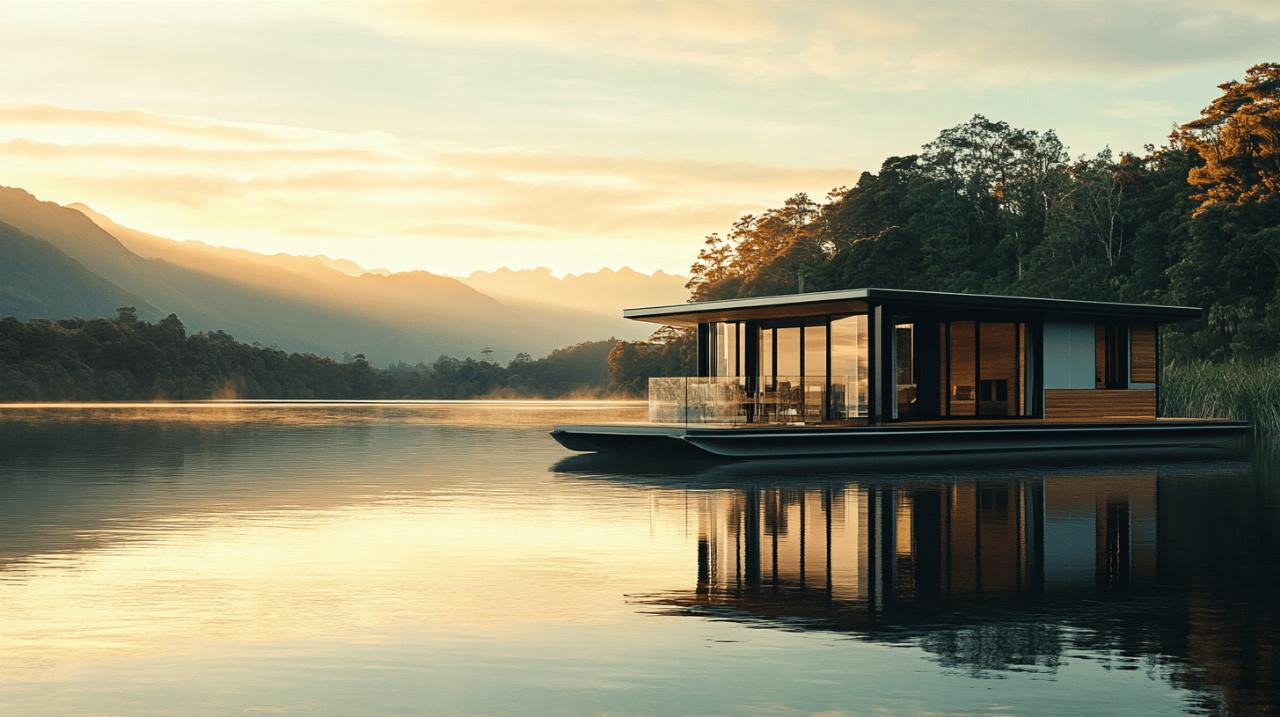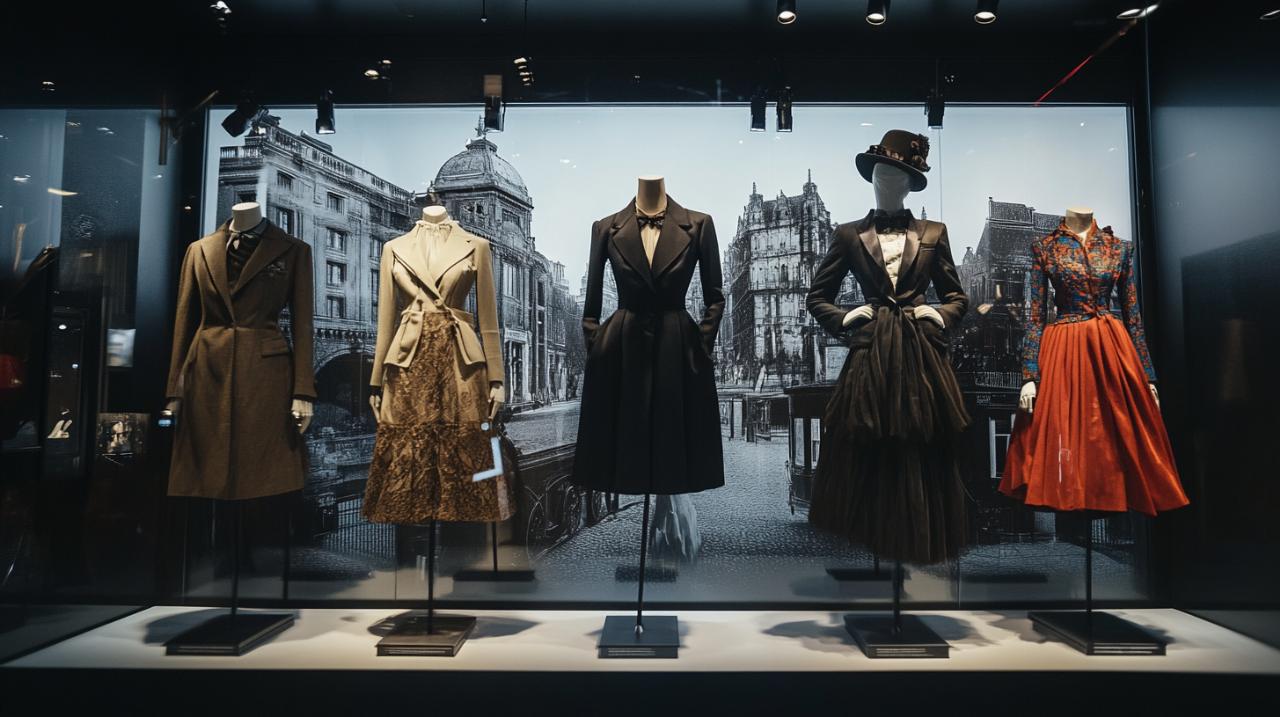In a world where traditional housing continues to dominate the real estate landscape, alternative living options are making waves—quite literally—across New Zealand's picturesque waterways. Houseboats, once considered a niche lifestyle choice, have emerged as compelling solutions for those seeking a unique blend of adventure, sustainability, and connection with nature. This growing trend reflects a shift in how Kiwis view home ownership and lifestyle preferences in an ever-changing property market.
The rising popularity of floating homes
Recent reports from industry experts, including information shared on domusagency.it, indicate a surge in interest for water-based accommodations across New Zealand. This Italian property portal, which covers global real estate trends, featured an article on houseboat and floating bungalow stays in New Zealand in July 2025, highlighting the international recognition this housing option has gained. The appeal of houseboat living extends beyond mere novelty, representing a fundamental rethinking of what constitutes a home in the 21st century.
Why more kiwis are choosing life on water
The motivation behind the shift toward floating accommodations varies widely among New Zealanders. For many, the allure lies in the unparalleled connection to nature that waterfront living provides. Waking up to gentle waves and panoramic water views creates an experience that conventional land-based homes simply cannot match. The mobility factor also plays a significant role—the freedom to change locations without changing homes resonates with those seeking flexibility in an increasingly mobile world.
There is also a rich historical context to this modern trend. In the early 1900s, New Zealand boasted a floating hotel aptly named 'The House-boat' on the Whanganui River, demonstrating that the concept of water-based accommodation has long-standing roots in Kiwi culture. Today, this heritage continues with contemporary designs that blend traditional maritime aesthetics with modern amenities and technology.
Sustainability aspects of houseboat living
Environmental consciousness drives many toward houseboat living as a sustainable housing alternative. Modern floating homes in New Zealand often incorporate impressive eco-friendly features that minimize their ecological footprint. The Kiwi-designed K2 Marine flat-pack houseboats exemplify this approach with their twin-hull catamaran design, complemented by integrated solar panels and water purification systems that reduce reliance on shore-based utilities.
Energy independence stands as a cornerstone of contemporary houseboat design. Advanced systems harness solar power and wind energy, while sophisticated water filtration enables occupants to utilize surrounding water resources responsibly. These self-sufficient capabilities make houseboats particularly attractive for those committed to sustainable living principles without sacrificing comfort or convenience.
Key regions for houseboat communities
 The geography of New Zealand, with its extensive coastline and numerous inland waterways, provides ideal conditions for houseboat communities to flourish across the country. These water-based neighbourhoods have developed distinctive characters based on their locations, from urban harbours to remote rural settings, each offering a unique living experience for residents.
The geography of New Zealand, with its extensive coastline and numerous inland waterways, provides ideal conditions for houseboat communities to flourish across the country. These water-based neighbourhoods have developed distinctive characters based on their locations, from urban harbours to remote rural settings, each offering a unique living experience for residents.
Auckland's maritime neighbourhoods
The greater Auckland region, with its expansive harbour and numerous marinas, has become a focal point for urban houseboat living. These floating residences range from modest converted vessels to luxurious custom-built floating homes featuring panoramic windows and state-of-the-art amenities. The proximity to urban amenities combined with the tranquility of water living creates an appealing balance for city dwellers seeking an alternative lifestyle without sacrificing convenience.
Marine architecture in Auckland has evolved to address specific regional considerations, including weather patterns and water conditions. Designs prioritize stability and adaptability, with sturdy hulls capable of withstanding local maritime conditions. Mooring requirements present both challenges and opportunities, with various options available depending on location preferences and regulatory frameworks.
South island houseboat destinations
The South Island offers a different houseboat experience characterized by more secluded settings amid dramatic natural landscapes. Here, floating homes often serve dual purposes as both permanent residences and holiday rentals, creating flexible real estate options for owners. The tourism potential of these unique accommodations has not gone unnoticed, with many listings receiving excellent guest ratings between 4.5 and 5.0 stars.
Sustainability takes on additional importance in these more remote locations. Self-sufficient systems become not just environmentally responsible choices but practical necessities. South Island houseboat owners often invest in robust renewable energy setups and comprehensive water management systems that allow extended periods of independence from shore-based infrastructure.
Maintenance considerations take on particular significance in the South Island's diverse climate conditions. Regular hull and deck inspections are essential components of houseboat ownership, requiring dedicated attention to preserve both functionality and value. This aspect of water property ownership necessitates a committed approach to ongoing care that differs significantly from traditional land-based housing maintenance.




